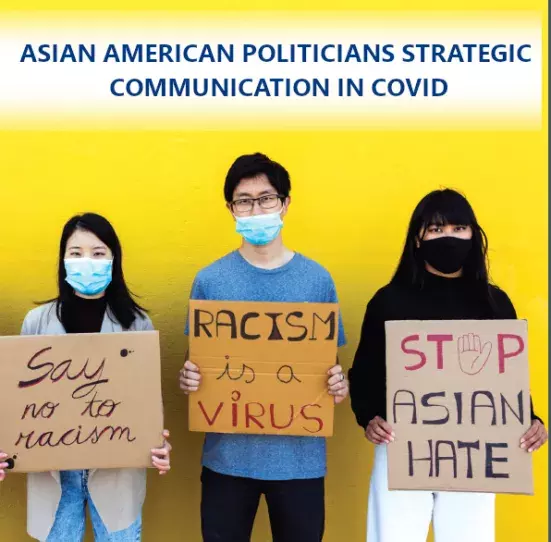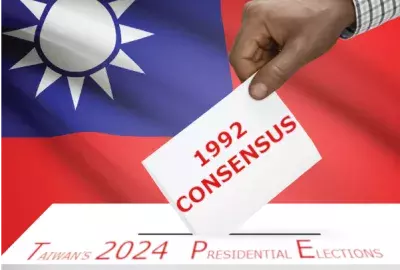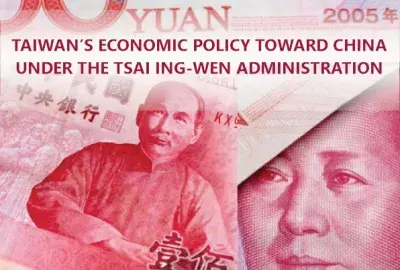Error message

Part of the Washington-Taipei-Beijing Relations Occasional Paper Special Series

The challenges faced by Asian Americans escalated during the COVID-19 pandemic, exacerbating pre-existing issues that linked them to national security concerns. This situation makes Asian American politicians’ public message dissemination even more difficult; they need to consider the challenging situation and try to appeal to their supporters.
This research delves into the strategic communication tactics engaged by Asian American politicians in publicizing messages amid the COVID-19 pandemic. In addition, this study analyzes the public response to different messages, especially their response to the messages regarding the Stop Asian Hate movement and national security. The methodology involves the collection of 31,694 tweets from Twitter, using content analysis and topic model network analysis to delineate the framing of messages disseminated by Asian politicians. Additionally, the study employs Difference-in-Difference and t-test analyses to examine the public’s reaction to tweets referencing Asian identity.
The findings indicate that Asian American politicians tend to emphasize policies instead of ethnic identity when delivering messages, despite a more favorable reaction from the public toward tweets focusing on stopping Asian hate. Meanwhile, including national security issues in the discourse does not evoke a distinctive response. This research sheds light on the dynamics of communication strategies used by Asian American politicians and the public’s reactions to these messages, particularly in the context of the challenging sociopolitical climate during the COVID-19 pandemic.
Part of the Washington-Taipei-Beijing Relations Occasional Paper Special Series

The challenges faced by Asian Americans escalated during the COVID-19 pandemic, exacerbating pre-existing issues that linked them to national security concerns. This situation makes Asian American politicians’ public message dissemination even more difficult; they need to consider the challenging situation and try to appeal to their supporters.
This research delves into the strategic communication tactics engaged by Asian American politicians in publicizing messages amid the COVID-19 pandemic. In addition, this study analyzes the public response to different messages, especially their response to the messages regarding the Stop Asian Hate movement and national security. The methodology involves the collection of 31,694 tweets from Twitter, using content analysis and topic model network analysis to delineate the framing of messages disseminated by Asian politicians. Additionally, the study employs Difference-in-Difference and t-test analyses to examine the public’s reaction to tweets referencing Asian identity.
The findings indicate that Asian American politicians tend to emphasize policies instead of ethnic identity when delivering messages, despite a more favorable reaction from the public toward tweets focusing on stopping Asian hate. Meanwhile, including national security issues in the discourse does not evoke a distinctive response. This research sheds light on the dynamics of communication strategies used by Asian American politicians and the public’s reactions to these messages, particularly in the context of the challenging sociopolitical climate during the COVID-19 pandemic.







